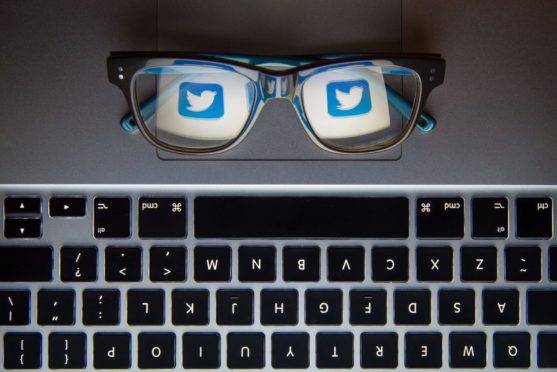It’s a story which has become wearily familiar for anybody who has had to deal with the increasingly noxious world of social media.
At the end of Wales’ pulsating 40-24 victory over England in their Six Nations Championship clash – which secured the Triple Crown for Wayne Pivac’s team – the BBC’s Sonja McLaughlan interviewed the losing coach and captain, Eddie Jones and Owen Farrell, and posed some honest, hard-hitting questions about how the pre-tournament favourites’ campaign has stuttered and stumbled.
She also spoke to Welsh skipper, Alun Wyn Jones, about his side’s stunning transformation into Grand Slam contenders in the space of just a few weeks.
Understandably, the defeat – which followed a previous loss to Scotland in the Calcutta Cup and an often unconvincing display against whipping-boys Italy – has sparked concerns among England supporters about their lack of progress under Jones. But none of this justified the barrage of abuse which was dished out to McLaughlan on Saturday night by keyboard warriors with mush for brains.
Some of these witless punks used language which wasn’t just gratuitously offensive, but malicious and, worse still, many of them thought it would be fun to copy Mclaughlan into their conversations. Late on Saturday night, she explained the impact on her. “Toxic, embarrassing, disgraceful, appalling. Just some of the feedback I’ve had.
“Thanks for using @ sign, so it has all hit home. Now imagine getting inundated with abuse for doing your job. In my car crying. I hope you’re happy.”
The rugby authorities have joined forces to condemn the incident and that’s about the only positive development from this sorry saga. It’s happening more and more, but the major social media companies seem unwilling to lift a finger to tackle the blight.
In football circles, bile and vitriol is routinely heaped at managers when they and their charges are struggling. The old argument is that fans pay their money, so they are entitled to air their grievances when they believe it is warranted. And, as long as they keep their comments honest and civil, that is fair enough.
But there is valid criticism and then there is the sort of expletive-littered, often personal denunciation which is being dished out to anybody who falls foul of the mob. Neil Lennon has been on the receiving end of this awful stuff, much of it with a sectarian undercurrent, for months. Derek McInnes is coming under similar pressure.
Woe betide anybody who diverges from the Twitter/Instagram/Facebook bullies’ mindset. Alex Scott, the former England women’s footballer, who has emerged as a genuinely knowledgeable and insightful pundit, has had to cope with abuse, threats and ridicule from the moment she sat next to the likes of Roy Keane and Graeme Souness.
And, in the last month alone, the trolls have been flinging mud at Manchester United players Anthony Martial, Marcus Rashford, Axel Tuanzebe and Lauren James, Chelsea stars Antonio Rudiger and Reece James, Swansea’s Yan Dhanda, West Brom’s Romaine Sawyers, Southampton prospect Alex Jankewitz….the list goes on and on.
I realise many supporters are frustrated, stuck in lockdown and unable to attend matches or vent their emotions. Doubtless, many of the people piling in on Sonja McLaughlan would normally have been in a pub or sports bar on Saturday evening, screaming blue murder at the referee or TMO, particularly given some of the extraordinary events and decisions which happened during the contest.
In the absence of having an argument with their mates, they turned to social media and aimed their fire at any suitable target. One or two of the posts were actually funny, such as “For sale: One chariot, seen better days, nae wheels, contact Eddie Jones.” And yes, there’s a place for humour, a bit of banter and even anger if it’s not fuelled by racism, sexism or homophobia. But these lessons aren’t getting through to many people.
I can remember the days when I was sent the occasional letter, often written in green ink, calling me every name under the sun. There was even a website which doled out abuse and described me as “The Great Satan” for digging into the Scottish Rugby Union’s labyrinthine structure and strategy during the early 1990s. Some flak went with the territory of voicing opinions: if you dished it out, you had to be able to take it.
But that simply doesn’t apply to the treatment meted out to McLaughlan, Scott, or any of the aforementioned footballers, who have either closed their social media accounts or need a giant pair of wellingtons to wade through all the muck.
Is it really impossible for these businesses to introduce stricter measures and weed out fake accounts? It’s not just in sport, but politics as well, where rational debate is too often being contaminated by disgusting comments, with women from all pastimes and political parties bearing the brunt of it.
There are no excuses, none at all, and it is time to purge the polluters.
